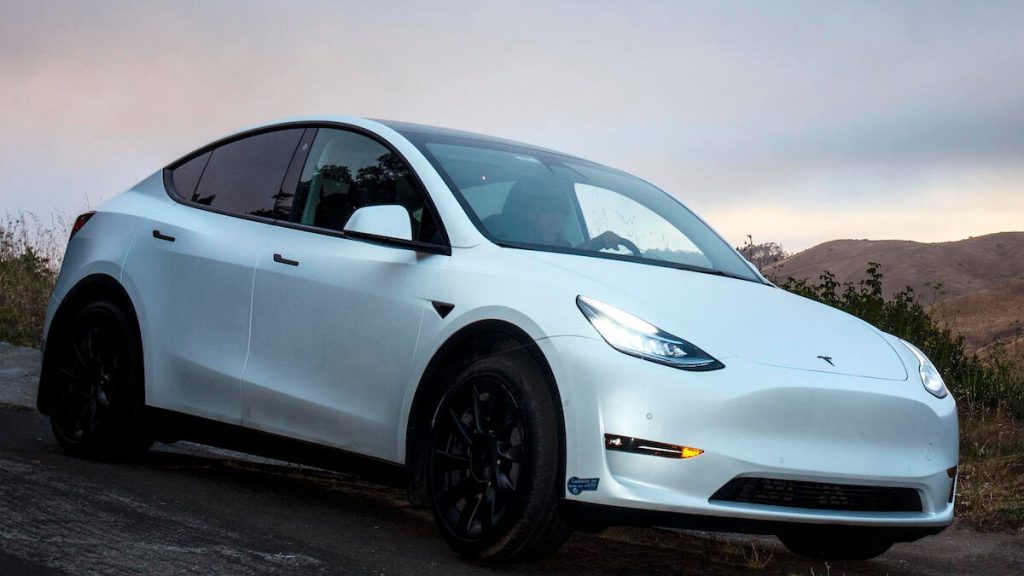The 2024 tax season is coming to a close, and one of the largest tax credits available to US taxpayers is the EV tax credit of up to $7,500. This credit, which was overhauled by the Inflation Reduction Act in 2022, allows for a credit of up to $7,500 with the purchase of a new electric vehicle. Changes to the tax credit include a price cap on qualifying EVs, an income cap to qualify for the credit, and the lifting of the manufacturing cap for automakers. These changes took effect on January 1, 2023, and will be in place until January 1, 2032.
If you are considering purchasing an electric vehicle in 2024, you may be able to claim the credit at the point of sale, lowering the vehicle’s purchase price. The credit is broken into two halves, with one half based on the battery components being manufactured or assembled in North America, and the other half based on critical minerals being sourced from the US or a trade partner. Nearly 4 dozen EVs are eligible for one of or both credits under the new provisions, with the list expected to grow as manufacturers update their information.
To claim the EV tax credit, you will need to file IRS Form 8936 with your tax return. This is a non-refundable tax credit, meaning it can only be used against taxes that you owe. Used plug-in electric and fuel-cell EVs also qualify for a credit of up to 30% of their purchase price, maxing out at $4,000, with certain restrictions in place. Some states offer rebates for clean vehicles in addition to the federal tax credit, so be sure to research all available options before claiming anything.
The Inflation Reduction Act also extended the tax break for residential charging systems through 2032, offering a credit of $1,000 or 30% of the cost of buying or installing the system, whichever is less. This credit now applies to bidirectional charging equipment as well, allowing you to use your EV to power other appliances or your home in the event of an emergency. To claim the Alternative Fuel Vehicle Refueling Property Credit, you must file IRS Form 8911. Overall, the EV tax credit and related incentives are designed to encourage the adoption of electric vehicles for a more sustainable future.















